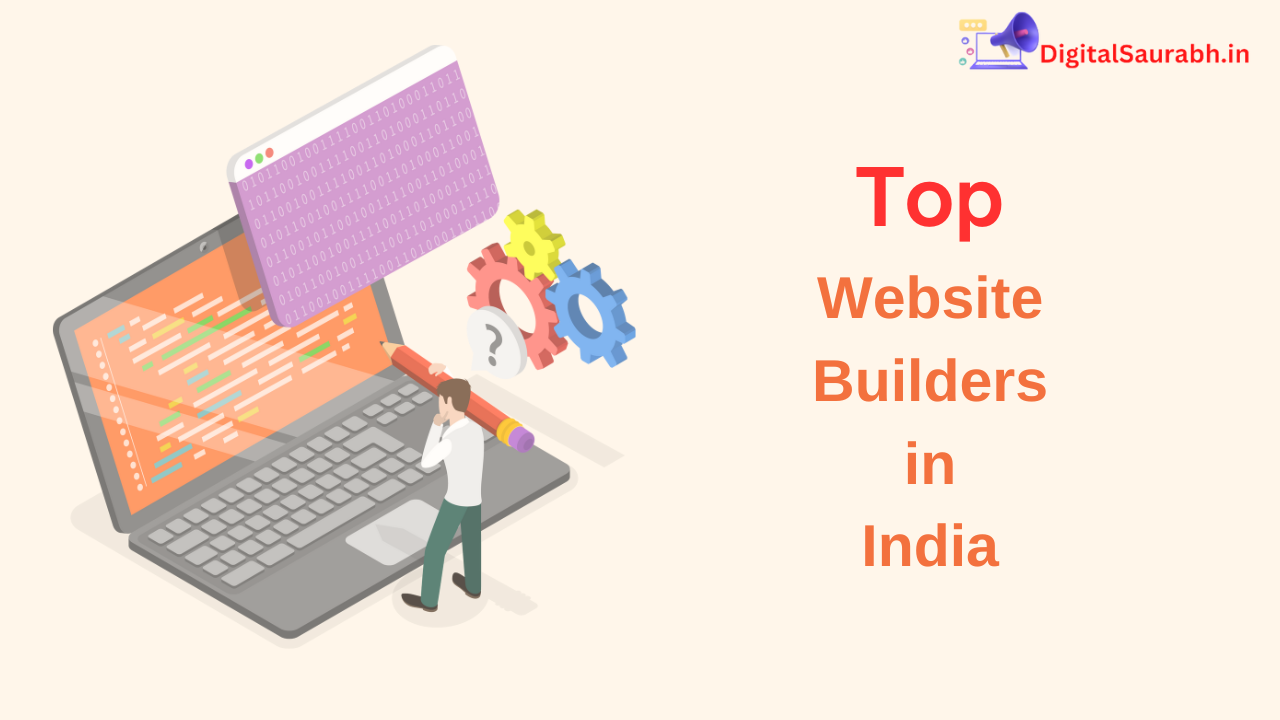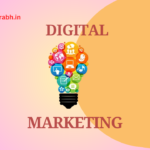In today’s digital age, having a robust online presence is more critical than ever. Whether you’re a small business owner, a creative professional, or someone wanting to share their passion with the world, having a well-designed website can make a huge difference. The good news is that you don’t need to be a tech wizard to build an impressive site. With numerous website builders available, you can create a stunning website with ease. In this guide, we’ll explore some of the best website builders of 2024, helping you find the right fit for your needs.
1. Wix
Overview: Wix remains one of the most popular website builders, known for its user-friendly interface and extensive customization options. It offers a drag-and-drop editor that allows you to build your site by simply moving elements around.
Key Features:
- Design Flexibility: With over 800 designer-made templates, Wix offers a wide range of styles to suit any type of website.
- Wix ADI: Wix’s Artificial Design Intelligence (ADI) can automatically create a website for you based on your answers to a few simple questions.
- App Market: Access to a vast array of apps and add-ons to extend your site’s functionality.
- SEO Tools: Built-in SEO tools help optimize your site for search engines.
Pros:
- Highly customizable with extensive design options.
- Easy to use with a drag-and-drop interface.
- Wide range of templates and apps.
Cons:
- Can become pricey with premium features and apps.
- Less control over your site’s code.
Best For: Those who want high customization and a broad range of features without needing coding knowledge.
2. Squarespace
Overview: Squarespace is renowned for its sleek, professional design templates. It is often favored by creatives and businesses looking for a visually appealing website with minimal effort.
Key Features:
- Award-Winning Templates: Known for its beautiful, responsive designs that look great on any device.
- Integrated eCommerce: Easily set up an online store with Squarespace’s built-in eCommerce features.
- Content Management: Powerful blogging and content management tools.
- Analytics: Advanced analytics tools to track your site’s performance.
Pros:
- Gorgeous, modern templates that are mobile-responsive.
- Strong eCommerce capabilities.
- Excellent customer support.
Cons:
- Limited customization options compared to some other builders.
- Can be expensive, especially with advanced features.
Best For: Creatives and businesses that prioritize design and want an integrated eCommerce platform.
3. WordPress.com
WordPress is a popular content management system (CMS) with distinct pros and cons.It offers user-friendly design, extensive customization through themes and plugins, and strong SEO capabilities. However, it requires regular maintenance, updates, and attention to security. Ideal for blogs, portfolios, and e-commerce sites, it caters to various needs.
Pros:
- User-Friendly: Intuitive interface makes it accessible for beginners.
- Customization: Thousands of themes and plugins allow extensive customization.
- SEO-Friendly: Built-in SEO features and plugins help optimize content.
- Community Support: A large community provides resources, forums, and plugins.
- Scalability: Suitable for everything from blogs to complex websites.
Cons:
- Security Risks: Popularity makes it a target for hackers; regular updates are essential.
- Speed Issues: Heavy themes and plugins can slow down site performance.
- Maintenance: Requires regular updates and backups to ensure functionality.
- Learning Curve: While user-friendly, advanced features can be complex for beginners.
- Cost: While the platform is free, premium themes and plugins can add up.
Best For: Users who want a high level of customization and scalability, with the flexibility of adding features as their site grows.
4. Weebly
Overview: Weebly, now owned by Square, offers a straightforward website-building experience with a focus on simplicity and ease of use.
Key Features:
- Drag-and-Drop Editor: Easy to use with a drag-and-drop interface.
- eCommerce Integration: Built-in eCommerce features with seamless Square payment processing.
- Mobile Optimization: Automatically optimizes your site for mobile devices.
- Templates: A selection of responsive templates to choose from.
Pros:
- User-friendly with a simple interface.
- Strong eCommerce capabilities with integrated payment options.
- Affordable pricing plans.
Cons:
- Limited design flexibility compared to other builders.
- Fewer advanced features for larger websites.
Best For: Small businesses and individuals looking for a simple, cost-effective solution with solid eCommerce integration.
5. Shopify
Overview: Shopify is specifically designed for eCommerce, making it the go-to platform for those looking to set up an online store.
Key Features:
- eCommerce Focused: Comprehensive tools for managing inventory, processing payments, and handling shipping.
- Templates: A wide range of professionally designed templates optimized for online selling.
- App Ecosystem: Access to a vast app store for adding functionality.
- SEO and Marketing Tools: Built-in SEO features and marketing tools to drive traffic and sales.
Pros:
- Excellent for creating and managing online stores.
- Robust eCommerce features and support.
- Scalable with numerous apps and integrations.
Cons:
- Monthly fees can add up, especially with additional apps.
- Less flexibility for non-eCommerce sites.
Best For: Entrepreneurs and businesses focused on online sales who need a powerful and dedicated eCommerce solution.
6. Webflow
Overview: Webflow bridges the gap between website builders and traditional web development, offering a high level of design customization with a visual interface.
Key Features:
- Design Freedom: Advanced design capabilities with a visual editor that allows for detailed customization.
- CMS Features: Integrated CMS functionality for dynamic content.
- Responsive Design: Automatically creates responsive designs for various devices.
- Hosting: Fast, reliable hosting with built-in performance optimizations.
Pros:
- High level of design control and customization.
- Combines the ease of a website builder with the power of a CMS.
- Fast and reliable hosting.
Cons:
- Steeper learning curve for beginners.
- Higher cost compared to some other builders.
Best For: Designers and developers who want more control over their site’s design and functionality without coding from scratch.
7. GoDaddy Website Builder
Overview: GoDaddy is known for its domain registration services but also offers a website builder that’s quick and easy to use, especially if you’re already a GoDaddy customer.
Key Features:
- Simple Setup: Easy to use with a straightforward setup process.
- AI-Powered Design: Uses artificial intelligence to create a site based on your preferences.
- Integrated Tools: Includes marketing tools, email hosting, and more.
- Mobile-Friendly: Automatically creates mobile-optimized versions of your site.
Pros:
- Very easy to set up and use.
- Integrated with GoDaddy’s other services.
- Affordable pricing plans.
Cons:
- Limited customization and design options.
- Less advanced features compared to some other builders.
Best For: Beginners or small business owners who want a quick and easy way to get online, especially if using GoDaddy for domain registration.
Conclusion
Choosing the best website builder depends on your specific needs, budget, and technical skills. Wix and Squarespace are excellent for those who want ease of use and great design, while WordPress.com offers unparalleled customization and scalability. Weebly provides simplicity and affordability, Shopify is ideal for eCommerce, Webflow caters to those needing advanced design capabilities, and GoDaddy is perfect for quick, straightforward setups. Each of these platforms has its strengths, so consider what features are most important to you and choose accordingly. Happy building!

